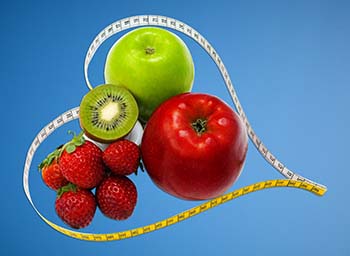
| Nutrient | Action in body | Food Sources |
|---|---|---|
| Calcium | Maintain the normal level of bone mass, helps prevent development of osteoporosis. | Almonds, sesame seeds, kale, turnip greens, white beans, black-eyed peas and oranges. |
| Vitamin C | Reduces inflammatory process. Extremely important for healing problems caused by injured tendons, ligaments and vertebral discs, keep the bones and other tissues strong. | Citrus fruits, broccoli, Brussels sprouts, tomatoes, green peppers, melons, kiwis, strawberries, alfalfa sprouts and the skins of potatoes. |
| Vitamin D | Helps improve calcium absorption. | Obtained by spending time in the early morning sunlight. Naturally occurring in egg yolks and fish oils; also found in most brands of fortified milk. |
| Iron | Aids in the production of myoglobin, an important element of healthy muscles that are needed to support the spine. | liver, pork, fish, shellfish, red meat and poultry; lentils, beans, soy, eggs, grains, and green leafy vegetables such as spinach, kale and broccoli. |
| Magnesium | Helps in relaxing and contracting of muscles. | Whole grains and whole-grain breads, beans, seeds, nuts, potatoes, avocados, bananas, kiwi fruit, and green leafy vegetables such as spinach, kale and broccoli. |
Avoid eating following foods since they are known to increase inflammation and pain:

- Red meat
- White bread, white pasta, white rice
- Whole-fat dairy products
- Sugary drinks and snacks
- Fried foods, chips, crackers, pastries
- Caffeine, alcohol















